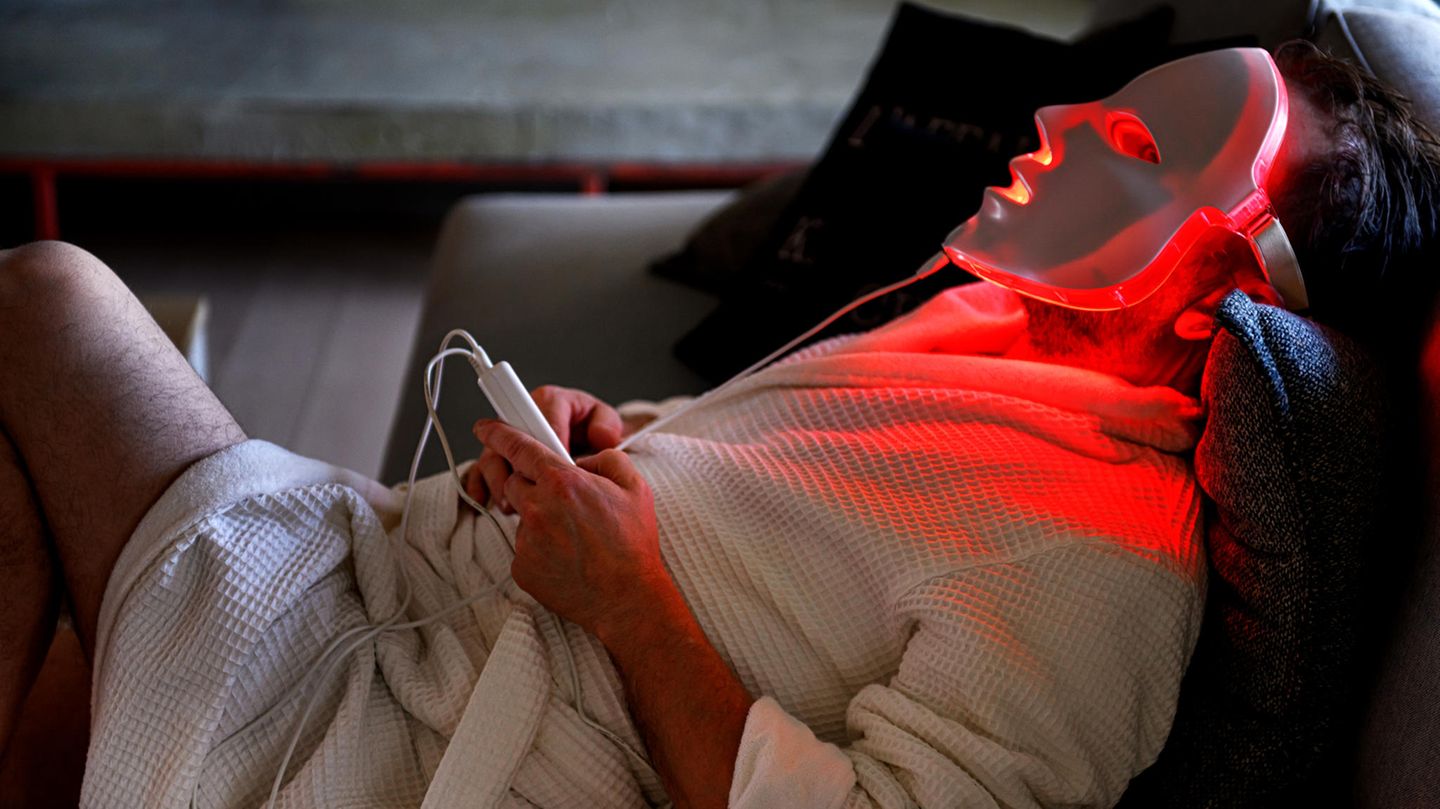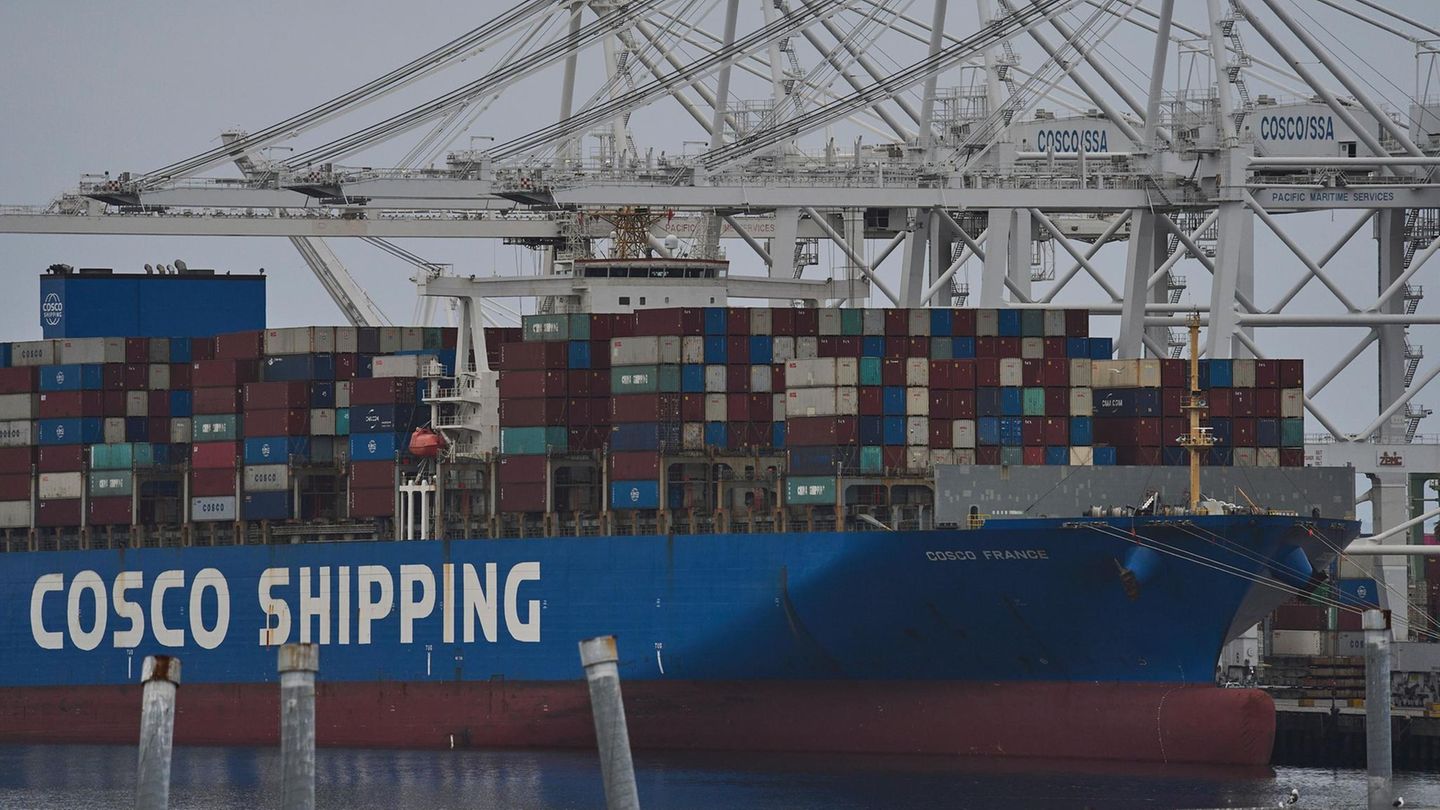First Kiev, now Moscow: The second part of Chancellor Scholz’s double visit to the Ukraine crisis is clearly the more difficult one. How does the cautious chancellor get along with the daredevil Putin?
After his brief visit to Kiev, Chancellor Olaf Scholz will continue his efforts to defuse the Ukraine crisis in Moscow on Tuesday.
In the Kremlin, he met Russian President Vladimir Putin for the first time for a one-on-one meeting that was scheduled to last several hours.
Formally, it is an inaugural visit by the Chancellor at a time when German-Russian relations are at a low ebb. However, the Ukraine crisis is likely to overshadow all bilateral conflicts between Berlin and Moscow.
Scholz had already stated during his visit to Kiev on Monday that he wanted to persuade Putin to de-escalate the crisis. The deployment of tens of thousands of Russian soldiers along the Ukrainian border is “incomprehensible,” said the SPD politician. At the same time, he again warned Russia against an attack on Ukraine and emphasized that the EU and the USA had prepared tough reactions in this case.
During the Chancellor’s inaugural visit to Washington, US President Joe Biden declared that the end of the Nord Stream 2 Baltic Sea pipeline would be part of it. Scholz, on the other hand, does not expressly name the gas pipeline as a sanctions instrument and only says that “all options are on the table”. He has not publicly mentioned the Nord Stream 2 pipeline name since mid-December.
US moves embassy from Kiev to Lviv
The trip may take place later this week amid US speculation of a Russian attack on Ukraine. In view of the extremely tense situation, the Americans announced on Monday that they would relocate their embassy operations from the Ukrainian capital of Kiev to the city of Lviv (Lemberg) near the Polish border. US Secretary of State Antony Blinken said it was a temporary precautionary measure.
Like the United States, Germany has called on its citizens to leave Ukraine. Even before his trip to Kiev, Scholz spoke of a “very, very serious threat to peace in Europe”. Russia, on the other hand, repeatedly emphasizes that it is not planning an attack on Ukraine – and accuses the USA of “anti-Russian propaganda and scaremongering”. Moscow recently made it clear that it was still interested in negotiations with the West to resolve the crisis.
Putin wants to initiate a debate about a new security architecture in Europe. In a catalog of demands to NATO and the USA, he demands that the West issue legally binding guarantees for Russia’s security. In concrete terms, this means, among other things, that Ukraine will not be admitted to NATO and that weapons systems, including a US anti-missile defense system, be stationed in front of Russia’s borders.
Ukraine’s NATO membership “not on the agenda”
NATO rejects Ukraine’s NATO membership for reasons of principle. Scholz emphasized in Kiev that Ukraine’s admission to NATO is not currently pending. It is “a bit odd to see the Russian government making something that is practically not on the agenda the subject of major political problems,” he said.
Putin, whose hometown of St. Petersburg has a partnership with Hamburg, still knows Scholz as mayor of the Hanseatic metropolis. The two met there when Scholz was responsible for organizing the G20 summit overshadowed by riots in 2017. In 2018 and 2019 they met again at the G20 summits in Buenos Aires and Osaka, but without really getting to know each other better.
German-Russian relations at rock bottom
As Chancellor, Scholz is now facing a difficult reunion with the Kremlin chief at a time when the relationship between Germany and Russia is more tense than it has been for decades – even without the Ukraine crisis. The attack with the chemical warfare agent Novichok on Putin opponent Alexei Navalny, who was imprisoned in a Russian penal camp after recovering in Germany, has poisoned relations between the two countries.
The federal government also criticized the closure of German non-governmental organizations in Russia as a blow to civil society relations. That’s why the Petersburg Dialogue, which Chancellor Gerhard Schröder and Putin brought into being, has been frozen.
Deutsche Welle accompanies Scholz to Moscow
The list of problems is so long that one conversation is not enough to solve them. Tensions have recently intensified due to the ban on Deutsche Welle in Russia. A correspondent and a cameraman from the broadcaster will take part in the Scholz trip.
A particular annoyance, especially for the German economy, which invests billions in Russia, are the new compulsory medical examinations for all foreigners. German managers and investors had expressed their horror at the humiliating medical checks and warned of an exodus of highly qualified workers and a flight of capital from Russia.
Source: Stern
David William is a talented author who has made a name for himself in the world of writing. He is a professional author who writes on a wide range of topics, from general interest to opinion news. David is currently working as a writer at 24 hours worlds where he brings his unique perspective and in-depth research to his articles, making them both informative and engaging.




